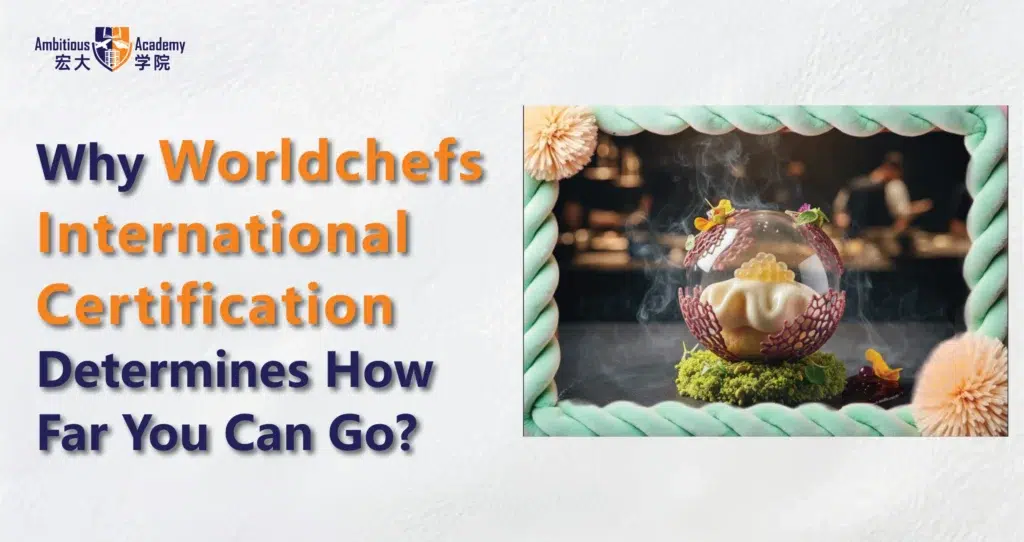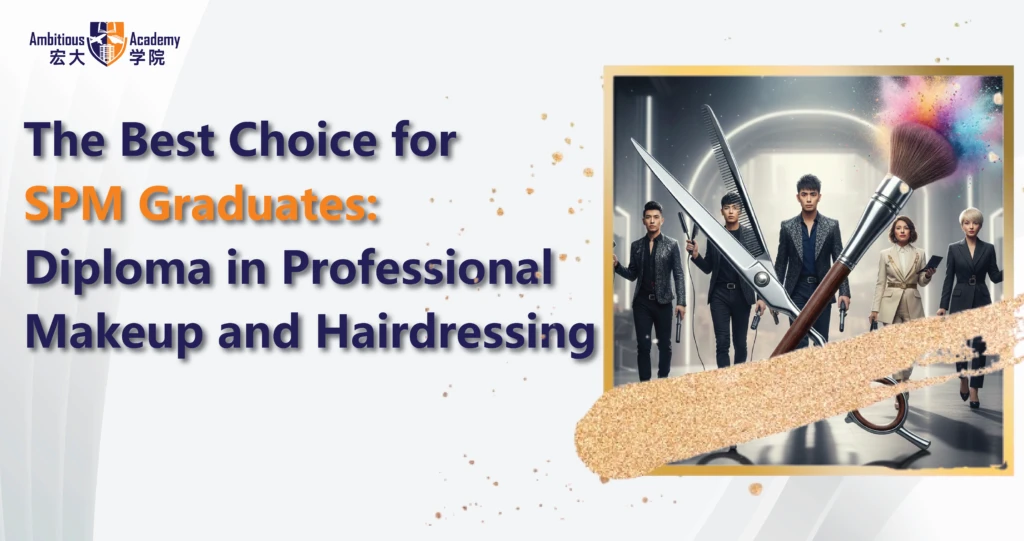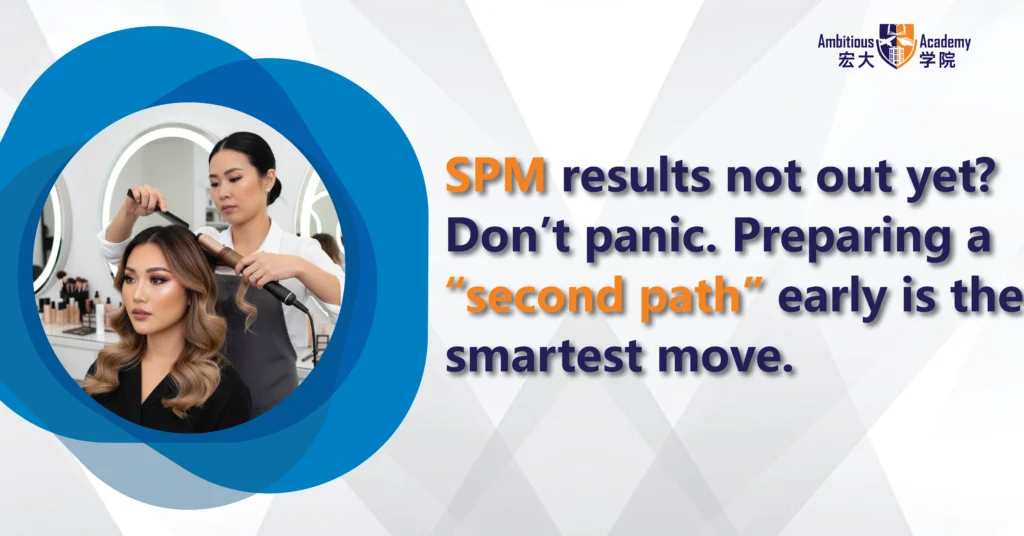Why Malaysian Youth Are Eager to Obtain This CTH International Passport

The cruise service industry is one of the most sought-after careers in the global high-end service sector. From luxury cruise ships to private superyachts, skilled service professionals not only gain international experience but also build highly valuable career credentials. For young Malaysians, this is more than just a job—it’s a pathway to the global stage. […]
Diploma in Baking and Pastry in Malaysia: Why Worldchefs International Certification Determines How Far You Can Go?

If you are searching for: Baking Diploma in Malaysia What baking courses to take after SPM? Is learning baking just a hobby or a real career path? Then, the question you are really asking isn’t just “should I study baking,” But rather: 👉 Is this diploma truly useful for my future? 👉 Will I graduate […]
Want to Become an Executive Chef in Malaysia?

Want to learn cooking, but the more you look, the more confusing it gets? If people around you have said things like this: “Just take a Diploma first, it’s safer.”“Cooking is very tough—can you really handle it?”“There are many short courses / Diplomas outside, just learn a bit first.” Then this probably sounds very familiar. […]
Can 16-Year-Olds Study a Cruise Diploma? Real Pathway to Enter the Cruise Industry Without SPM
For many young Malaysians, the cruise industry is both unfamiliar and highly attractive. It combines tourism, hospitality management, customer service, and international work experience, making it a serious consideration for students after SPM or UEC. If you are wondering: What can I study after SPM or UEC? Can a 16-year-old study for a diploma? What […]
The Best Choice for SPM Graduates: Diploma in Professional Makeup and Hairdressing for Beginners, Graduate and Start Working Immediately

Key Takeaways Master professional makeup and hairdressing skills even from zero foundation Obtain international certification and enter the beauty industry immediately after graduation Comprehensive training covering both makeup and hairdressing Become a multi-skilled professional in high demand in the market Acquire ready-to-use professional skills for immediate employment Step into the Exciting World of Professional […]
Creative Multimedia + Digital Marketing Diploma Course: Can You Study Without Good SPM Results?
Many students ask: “Can I still study if I didn’t do well in SPM? What if I didn’t take UEC?” The answer is: Yes! Ambitious Academy’s Creative Multimedia + Digital Marketing Diploma course is specially designed for young people who don’t want their academic results to limit them. As long as you are interested in […]
Malaysia Culinary Arts Diploma (Work-Study Mode): Why More Young People Are Choosing Skills Over Exams

For many Malaysian youths aged 16 and above, continuing with Form 6, A-Level or sitting for more exams is no longer the path they want. More and more students are choosing the skills route—especially the culinary arts Diploma (work-study mode). The reason is simple:Learn faster, earn while studying, have a stable career, high overseas demand, […]
Don’t Want to Go to Form 6 After SPM? 2025’s Hottest Multimedia + Digital Marketing Career Path

If you’ve just finished your SPM, aren’t interested in Form 6, and your results aren’t that great—don’t worry, you’re definitely not the only one. Starting 2025, more and more young people are moving away from the traditional path and turning to: 👉 Practical skills + fast-employment skill-based Diplomas Among them, the hottest and fastest-growing in […]
Is Cruise Work Really That Tough? Even With Poor SPM Results, You Can Gain Independence and Earn Faster Than Your Peers

If you are 16 years old or above, unsure about your SPM, don’t want to continue studying, or want a faster path to a career — you must read this. In Malaysia, many Form 5 students ask the same questions: What should I do if my SPM results are not good? What are my options […]
SPM results not out yet? Don’t panic. Preparing a “second path” early is the smartest move.

Every year when SPM comes around, Form 5 students stress like crazy.And the most searched things on Google aren’t “how to score straight A’s”. It’s: What if my SPM is bad? If I don’t get into university, do I still have a future? What courses can I take with bad results? Is skill-based education useless? […]
